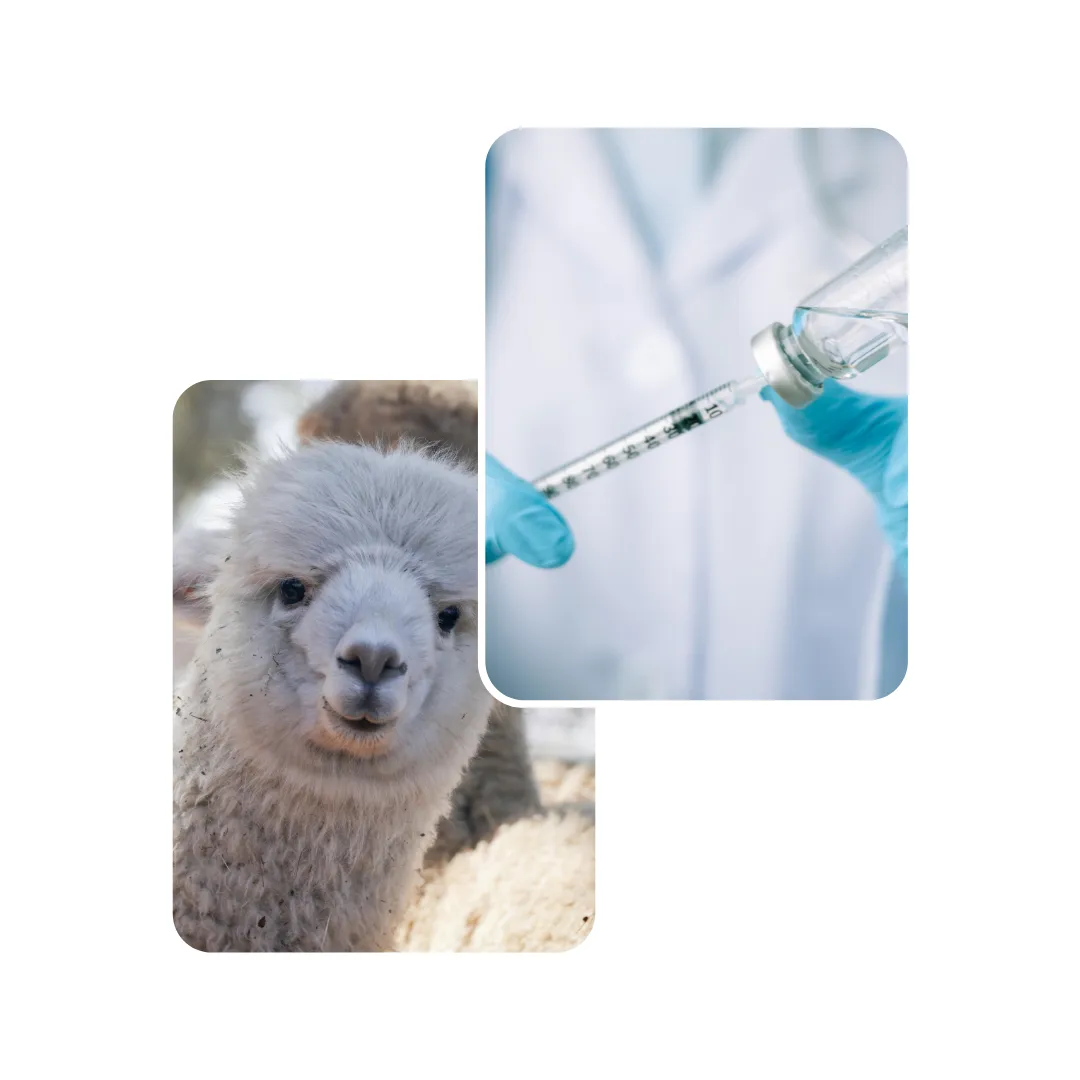

Absolutely. Good husbandry reduces stress, but it does not protect against the powerful toxins produced by Clostridial bacteria that are naturally present in the soil.
Crias rely on maternal antibodies from colostrum, but this immunity fades. They need a primary series of vaccinations followed by boosters to build their own strong, active immunity for life.
No. CD&T covers the most common and deadly Clostridial diseases and Tetanus. Your vet may recommend others (like Rabies or specific pneumonia vaccines) based on regional risk.
Never. A sick or stressed alpaca should not be immunized, as its immune system is already compromised. Vaccinations should only be given when the animal is healthy.
Generally, alpacas require annual booster vaccinations to ensure continuous, reliable protection against these fatal diseases.
Your pet deserves expert care – Subscribe now for trusted tips and updates from our pet experts.
